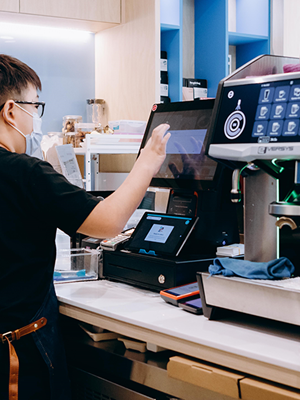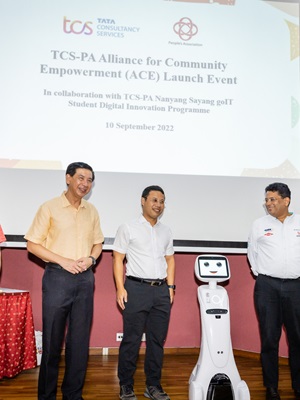The definition of ‘happiness’ has always been a hard one to pin down because of its incredibly subjective nature. Everyone you speak to, including your closest relatives and friends, will have a different idea of what happiness means to them, if they are able to come up with a definition at all. Yet, despite Singapore’s rank of the third happiest country in Southeast Asia (Channel News Asia), Singaporeans have actually become unhappier since 2016 (Channel News Asia), a feeling that is exacerbated by the country’s notoriously stressful working culture. In tangent, social media usage has increased exponentially throughout the years, with more than 5 billion users as of February 2025 (Statista). With full-time jobs taking up an average of 45 hours per week, more and more people are turning to social media for quick and effective entertainment and stress relief that can be carried in your pocket wherever you go.
In the 21st century, social media has quickly evolved into something deeply integrated into our everyday lives since its launch, something that is seen as crucial to have if we are to get around efficiently. Not only are we privy to the lives of our friends and family members, we gain access to the lives of total strangers living in all corners of the world. Marshall McLuhan, a Canadian philosopher whose work was a cornerstone in media theory, refers to this as a “global village”- a theory that suggests that the world is interconnected through media, “profoundly involving men with one another” (McLuhan 63). Our technology, namely our phones, make it impossible to create a distance between the happenings taking place globally. We are constantly bombarded by an astronomical influx of information as it invades our lives, which forcefully shifts our perspectives from those that physically surround us to almost anyone who uses any form of media. And amongst the strangers that we come across on the internet, we might see ourselves within some of them, even begin to resonate with the little snippets of their lives that we are shown. These form what are called parasocial relationships through this “perceived similarity” (Hudders and Jans 139). While we might think these relationships are harmless, the reality is that they are formed based on someone’s online ‘persona’ instead of who they are offline. Social media enables us to cherry pick the moments we share with others, and most of us, including our favourite influencers, choose to show the high points- the trips with friends, eating out at an expensive restaurant, attending a concert, or getting a promotion. The over-representation of life’s highs creates the impression that everyone is always happy, and hence you should be too, which must be reflected via the posts you make on social media.
Mark Zuckerberg, the creator of Facebook, said that he created the platform to “connect people” (CNBC). Yet, we find ourselves more isolated than ever, relying on our parasocial relationships to feel “close and connected” (Hoffner and Bond), to fill the void in our social lives as we allow real, concrete connections to slip away. Stuck in the endless cycle of comparison with our so-called ‘friends’ or the online versions of people we’ve met in real life, we are faced with impossible standards to measure up to, constantly feeling like we are lacking in one way or another. After all, when the world is at your fingertips, the global village in your backyard, one feels compelled to immerse themselves in it.
So, what’s the solution? How do we stop ourselves from this constant comparison, and find happiness that isn’t as shallow as a 15-second reel?
Posted 06/06/2025

















